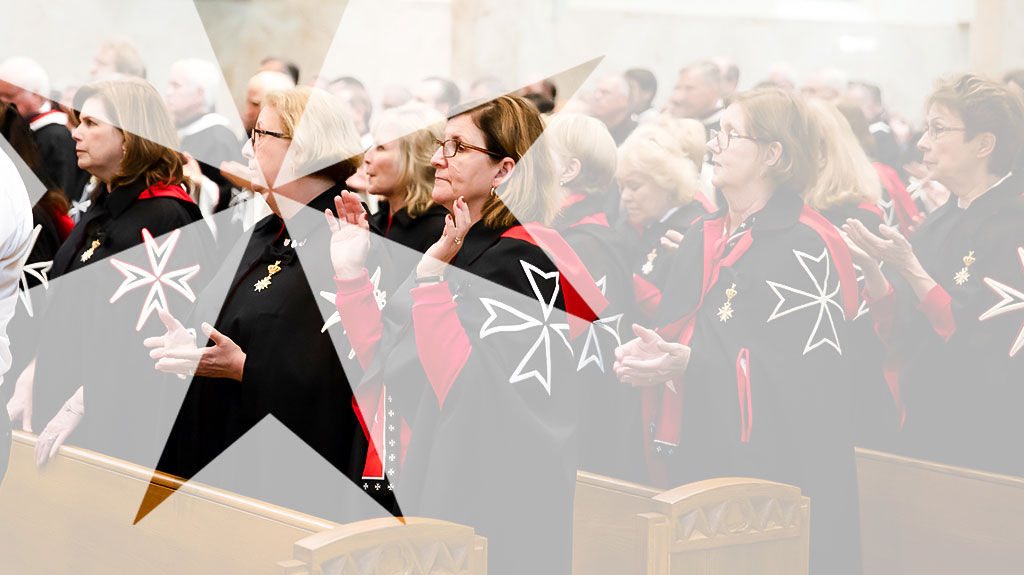In the June 25th issue of the New York Times, David Brooks wrote an interesting editorial on the nature of conservatism, which, he observed, is a product of the 18th Century Enlightenment.
Society is best seen as a social contract…Enlightenment thinkers said. Free individuals get together and contract with one another to create order…Conservatives said we agree with the general effort but think you’ve got human nature wrong. There never was such a thing as an autonomous, free individual who could gather with others to create order. Rather, individuals emerge out of families, communities, faiths, neighborhoods and nations. The order comes first. Individual freedom is an artifact of that order.
This last sentence suggests the freedom we celebrate on the Fourth of July is not (or not simply) the absence of external compulsion, but the capacity to cultivate our individual capabilities from within a supportive structure. Reason, St. Thomas Aquinas taught, is an essential element in this development. Unlike animals, who act from instinct, a human being “acts from judgment, because by his apprehensive power he judges that something should be avoided or sought.” (ST I., A. 83.3)June 18
Independence Day is a celebration of freedom from oppressive political coercion that limits our choice. But our freedom is not absolute. Laws exist to guard us from the consequences of our fallen humanity, and sheer necessity reduces our options. But this does no violence to our will; the freedom we cherish is the ability to act without the coercion of another.
Such freedom is a daunting prospect, but the liberty to choose among alternative goods is characteristically human. Moses led our ancestors out of Egypt precisely so they might live in freedom, and we learned in grammar school that this quest for freedom led our nearer relatives to brave a dangerous sea voyage and the uncertainties of life on a foreign shore.
We take this liberty for granted, but on Independence Day, at least, we should pause to consider its alternative, which is slavery. Nothing is more secure than slavery, whether the economic and political dependence our country’s patriots foreswore in 1776, or the enforced servitude of some in our country that still haunts our nation. Adam Smith, one of the proximate authors of our Independence Day celebrations, observed that slavery is “inefficient.” It is certainly unbefitting human beings because it obscures God’s image in us.
And here we encounter justice – the second great value we acknowledge in our Pledge of Allegiance. Catholic tradition tells us justice is the virtue that disposes us to give each individual her or his due. Unlike freedom, which is relative, justice is absolute. We can be more or less free, as we can be more or less prudent, but if we are not just, we are unjust. And we are not manifesting God’s image.
Let us rejoice in God’s gifts of Liberty and Justice!

